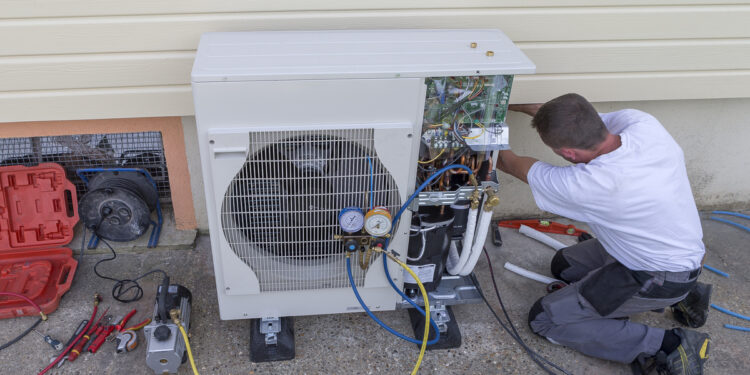On the occasion of World Refrigeration Day (celebrated every June 26), the Tunisian authorities announced new measures to better recover, recycle and reuse the gases used in air conditioning and refrigeration systems. The objective: to reduce costly imports of these products and protect the environment.
These gases, called HCFC, are used in fridges, house and car air conditioners, but they are very polluting: they damage the ozone layer and accelerate climate change. Tunisia imports 700 tonnes every year, which weighs heavily on the country’s finances.
The country is in the process of setting up a national system to recover the gases already used, recycle them and purify them, then reuse them in the equipment still in service. This will allow you to depend on imports less and limit environmental damage, said Youssef Hammami, coordinator of the National Ozone Unit at the National Tunisian Environment Protection Agency (ANPE) in a declaration to the TAP agency.
Appliances over 15 years old, they will have to be stopped by 2030, according to the rules of the Montreal Protocol, an international agreement which fights against ozone destructive gases.
The program also plans to provide new equipment to 19 companies specializing in refrigeration, to train their technicians in the use of these new tools, and to introduce natural, less polluting refrigerants.
Since 2012, Tunisia has reduced its HCFC consumption by more than 60 %, thus avoiding the issue of the equivalent of 800,000 tonnes of CO₂. The country has also formed 140 experts and equipped 11 training centers to better manage these substances.
There is no more than the adoption of a new legal framework, already subject to the president of the government. Tunisian strategy is supported by international programs, such as the Montreal Protocol and Kigali’s amendment, with UN support.








